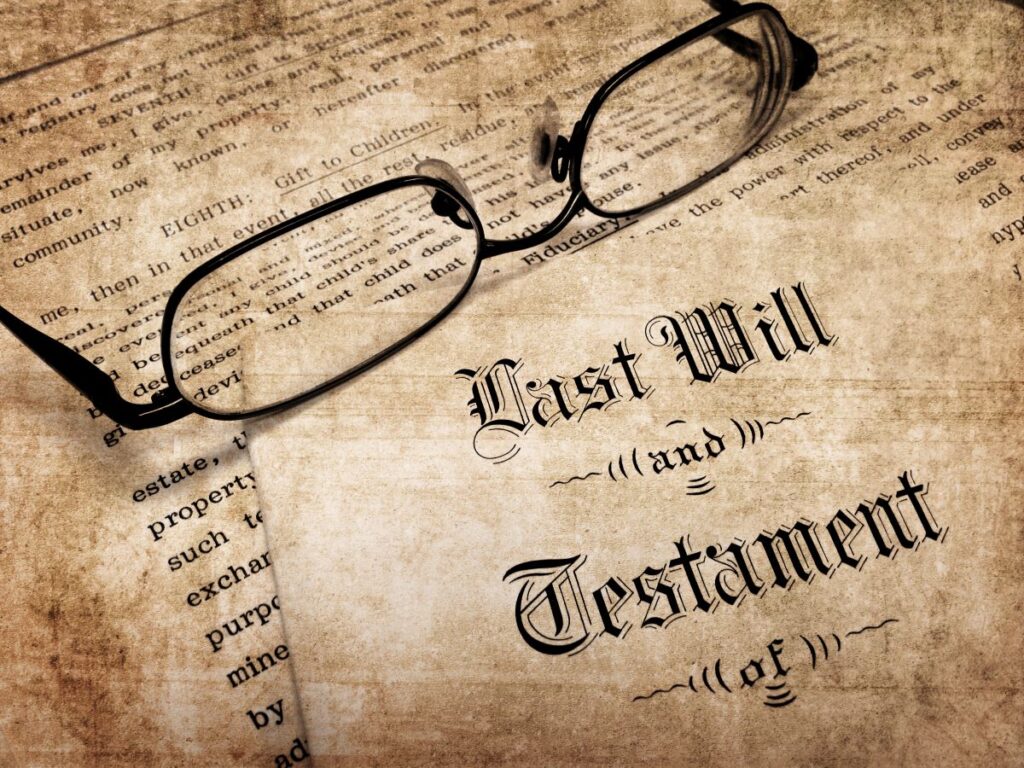Many people assume that asset protection is only necessary for the wealthy or those in high-risk professions like doctors and lawyers. However, anyone can face a lawsuit—whether from a car accident, unpaid medical bills, a foreclosure, or an injured tenant. Without the right protections in place, a legal judgment could jeopardize everything you’ve worked hard to build. That’s why it’s crucial to understand essential asset protection strategies and focus on ways to safeguard your wealth.

Where to Start?
That’s why asset protection planning is crucial. It involves using legal strategies to shield your money and property from creditors, lawsuits, and financial predators. However, this must be done proactively—once a lawsuit or claim arises, transferring assets to avoid creditors could be considered fraudulent, leading to severe legal penalties.
The best time to protect your assets is before a threat exists. Here are three practical strategies you can implement right now to help safeguard your financial future and help essential asset protection.
1. Strengthen Your Financial Defense with Liability Insurance
Your first line of defense against financial risk is having the right insurance coverage. This includes:
✅ Homeowner’s or renter’s insurance
✅ Auto insurance
✅ Business and professional liability insurance
✅ Malpractice insurance (if applicable)
✅ Long-term care insurance
✅ Umbrella liability policies
A solid liability insurance plan not only covers damages in the event of a lawsuit but often helps cover legal fees as well. Without adequate insurance, you may be forced to use your savings, investments, or even personal property to cover unexpected legal costs.
How to optimize your insurance coverage:
- ✔ Review your policy limits: Ensure they reflect the current value of your assets crucially protected by these essential strategies.
- ✔ Consider an umbrella policy: These policies provide extra coverage at a relatively low cost.
- ✔ Update your policies annually: Insurance terms and benefits change—keep yours aligned with your needs.
A co-ownership agreement or a co-habitation agreement should outline these details, protecting all parties involved.
2. Protect Retirement Savings by Maximizing 401(k) & IRA Contributions
Did you know that retirement accounts offer built-in asset protection? Under federal law, tax-advantaged retirement accounts—including 401(k) plans and IRAs—are protected from creditors in bankruptcy (with some limitations). Balancing your investment decisions is best handled with a qualified financial advisor, but this is one way to incorporate essential asset protection strategies.
By maximizing contributions to your retirement accounts, you not only secure your financial future but also shield these funds from potential lawsuits and creditors.
Key benefits:
- 401(k) and IRA contributions grow tax-deferred while offering legal protection from creditors.
- Company 401(k) plans offer employer-matching contributions, helping your savings grow faster.
- IRA accounts are generally protected in bankruptcy, but state laws may impose limits—check with an estate planning attorney to understand your state’s rules. If your employer doesn’t offer a 401(k), consider opening an IRA to take advantage of these protections as part of essential strategies.
3. Use an LLC to Protect Rental & Investment Properties
If you own rental properties or investment real estate, structuring them under a Limited Liability Company (LLC) can provide a layer of protection against lawsuits and creditors.
Understanding LLC Protection:
- Inside liability: When the property itself is the source of legal action (e.g., a tenant sues for an injury on your property).
- Outside liability: This occurs when a creditor seeks to claim your rental property due to personal debts unrelated to the property.
Using an LLC is a smart way to safeguard your wealth, though this agreement should be reviewed regularly and updated as circumstances change.
How an LLC Protects You:
- Limits personal liability – If a lawsuit arises from a property issue, your personal assets remain protected.
- Shields business assets – In many states, LLCs prevent personal creditors from seizing business assets to satisfy personal debts.
- Charging order protection – Even if a creditor could seize an LLC member’s interest, they would only receive distributions—not control or voting rights.
To ensure maximum asset protection, work with an attorney who understands state-specific LLC laws where your property is located. Proper formation and management of the LLC are essential to maintaining protection from creditors and using crucial, essential asset protection strategies.
Take Action to Protect Your Assets Now
You’ve worked hard to build your wealth—don’t leave it vulnerable to lawsuits, creditors, or unforeseen financial threats. The best time to put an asset protection plan in place is before a legal challenge arises.
Contact us today for a personalized strategy that secures your financial future and safeguards what matters most with essential asset protection strategies.

